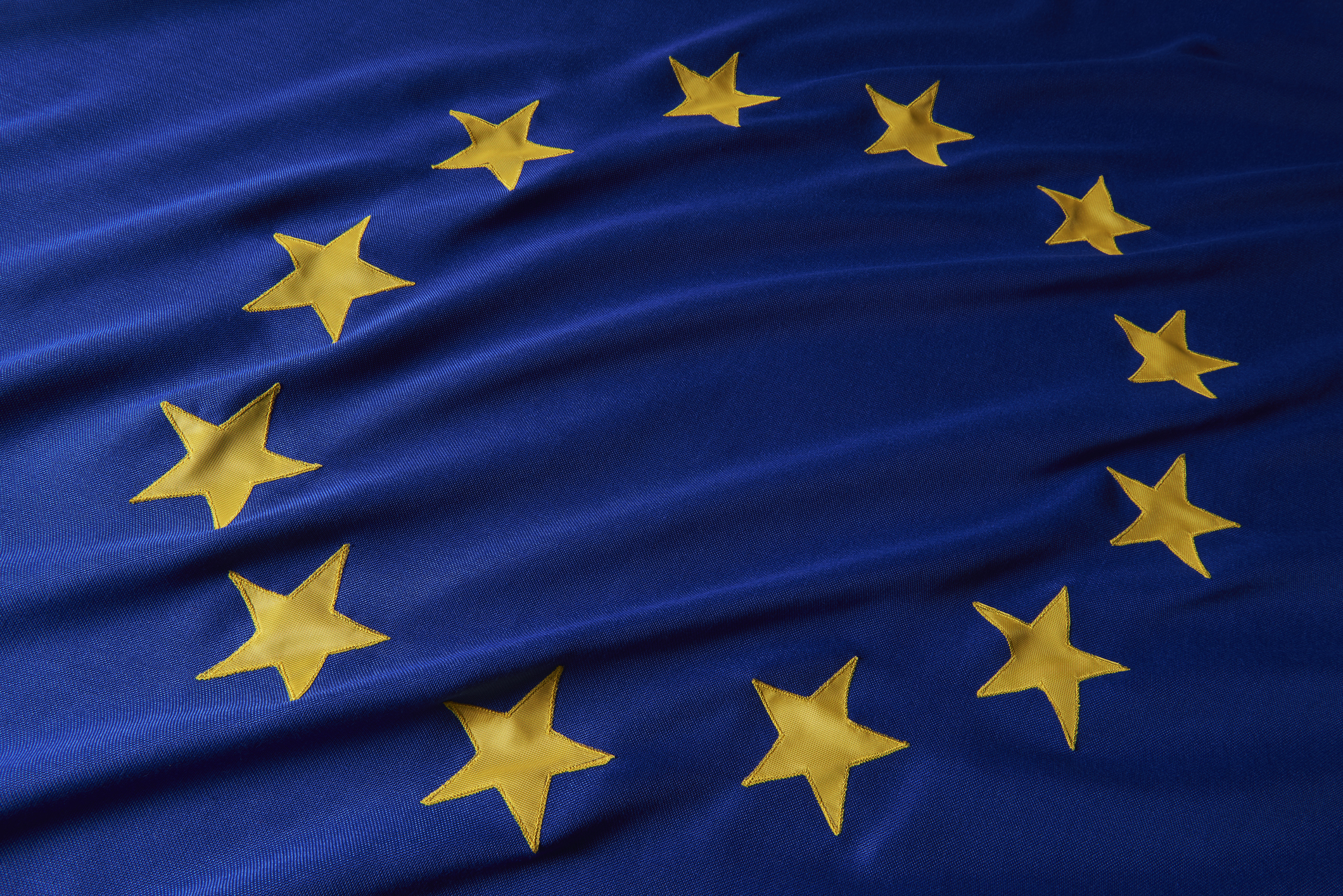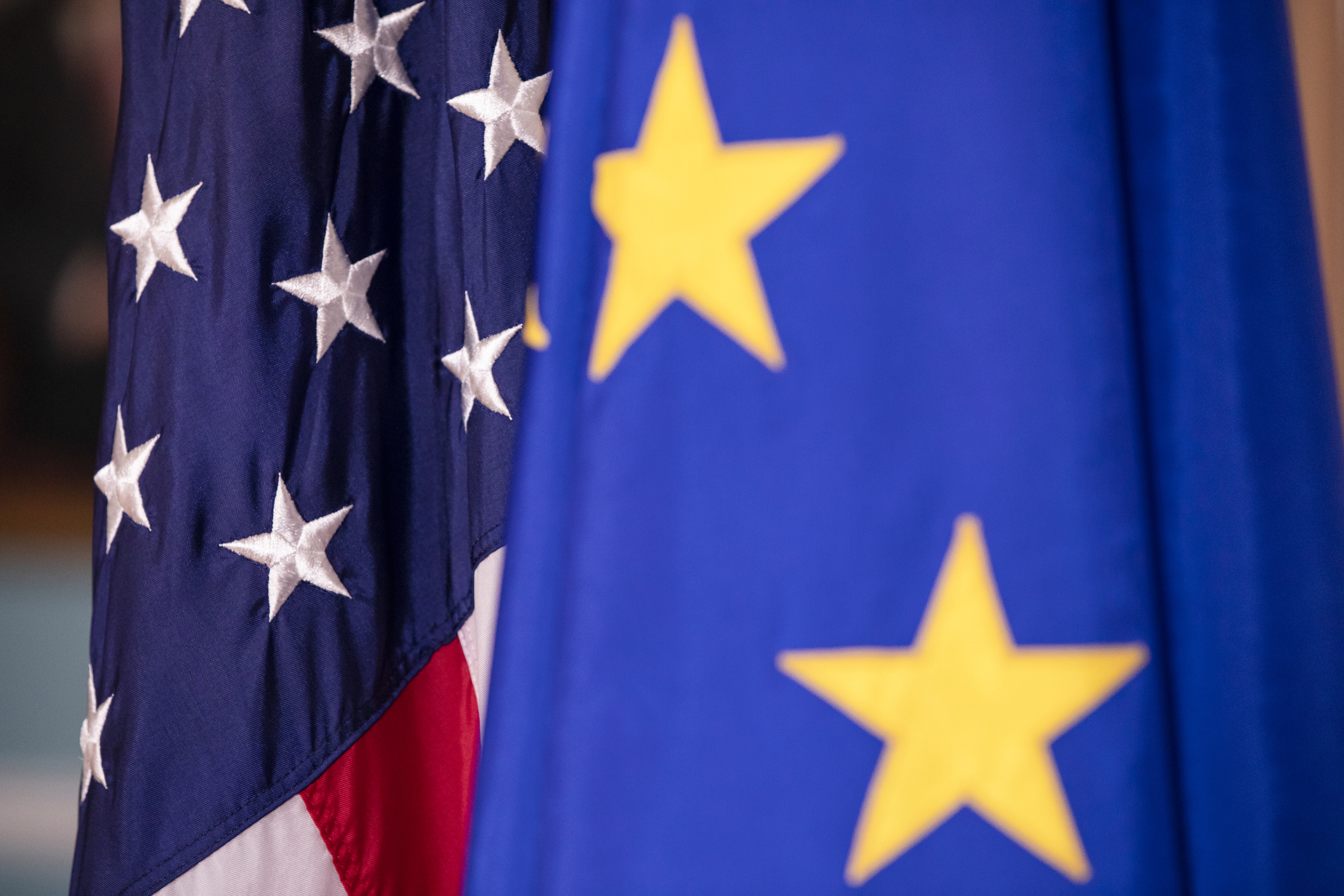ACTA: the basics, the controversies, and the future
At the end of January, 22 countries signed up to ACTA. But what is it, and how will it be affecting you? Simon Brew has been finding out.

The fact that, nearly four years later, an agreement is being signed tells its own story.
For and against
Sparing the bulk of what went on between 2008 and 2012, the arguments over ACTA have divided, inevitably, into two sides.
There are widespread fears that ACTA is a very blunt tool to deal with internet copyright issues.
The case for ACTA is that it enables, in theory, more effective combating of copyright breaches, counterfeit goods, and less than scrupulous pharmaceutical products. It does it with the aid of a body that sits outside of existing international organisations, and effectively puts in place standards for the enforcement of intellectual property that don't fall apart when they reach a particular country's border.
Those against ACTA suggest that it's become far more than originally outlined. Many perceive it, because of its name, to be about physical goods and their counterfeiting, but the breadth of the agreement's content means that internet distribution is firmly on its radar. Not without some substance do opponents argue that it's bringing in civil liberties concerns with regards the internet, and there are widespread fears that ACTA is a very blunt tool to deal with internet copyright issues.
The European Commission insists this isn't the case. In particular, it argues that "ACTA is not about how we use the internet in our everyday lives".
Sign up today and you will receive a free copy of our Future Focus 2025 report - the leading guidance on AI, cybersecurity and other IT challenges as per 700+ senior executives
It is worth noting that one of the earlier drafts of the agreement included the ability to cut people off from the internet. Even in existing drafts, the onus seems to be on the internet service provider (ISP), with regards copyright matters, to take responsibility. In theory, we're back at ISPs taking on the role of the internet's police force. Were that to go ahead, the very least an end consumer could expect would be a bigger broadband bill.
-
 AI adoption is finally driving ROI for B2B teams in the UK and EU
AI adoption is finally driving ROI for B2B teams in the UK and EUNews Early AI adopters across the UK and EU are transforming their response processes, with many finding first-year ROI success
-
 Small businesses are ‘flying blind’ on carbon emissions and struggling to track sustainability goals
Small businesses are ‘flying blind’ on carbon emissions and struggling to track sustainability goalsNews Research from Wasabi shows small businesses are struggling to keep track of carbon emissions, and a key factor lies in the poor reporting from tech vendors.
-
 ‘Confusing for developers and bad for users’: Apple launches appeal over ‘unprecedented’ EU fine
‘Confusing for developers and bad for users’: Apple launches appeal over ‘unprecedented’ EU fineNews Apple is pushing back against new app store rules imposed by the European Commission, suggesting a €500m fine is a step too far.
-
 A decade-long ban on AI laws is a “terrible idea” for everyone but big tech, critics claim
A decade-long ban on AI laws is a “terrible idea” for everyone but big tech, critics claimNews A proposed decade-long ban on US states implementing AI laws is a "terrible idea" that highlights the scale of big tech lobbying, according to critics.
-
 Apple, Meta hit back at EU after landmark DMA fines
Apple, Meta hit back at EU after landmark DMA finesNews The European Commission has issued its first penalties under the EU Digital Markets Act (DMA), fining Apple €500 million and Meta €200m.
-
 ‘Europe could do it, but it's chosen not to do it’: Eric Schmidt thinks EU regulation will stifle AI innovation – but Britain has a huge opportunity
‘Europe could do it, but it's chosen not to do it’: Eric Schmidt thinks EU regulation will stifle AI innovation – but Britain has a huge opportunityNews Former Google CEO Eric Schmidt believes EU AI regulation is hampering innovation in the region and placing enterprises at a disadvantage.
-
 The EU just shelved its AI liability directive
The EU just shelved its AI liability directiveNews The European Commission has scrapped plans to introduce the AI Liability Directive aimed at protecting consumers from harmful AI systems.
-
 A big enforcement deadline for the EU AI Act just passed – here's what you need to know
A big enforcement deadline for the EU AI Act just passed – here's what you need to knowNews The first set of compliance deadlines for the EU AI Act passed on the 2nd of February, and enterprises are urged to ramp up preparations for future deadlines.
-
 EU agrees amendments to Cyber Solidarity Act in bid to create ‘cyber shield’ for member states
EU agrees amendments to Cyber Solidarity Act in bid to create ‘cyber shield’ for member statesNews The EU’s Cyber Solidarity Act will provide new mechanisms for authorities to bolster union-wide security practices
-
 The EU's 'long-arm' regulatory approach could create frosty US environment for European tech firms
The EU's 'long-arm' regulatory approach could create frosty US environment for European tech firmsAnalysis US tech firms are throwing their toys out of the pram over the EU’s Digital Markets Act, but will this come back to bite European companies?